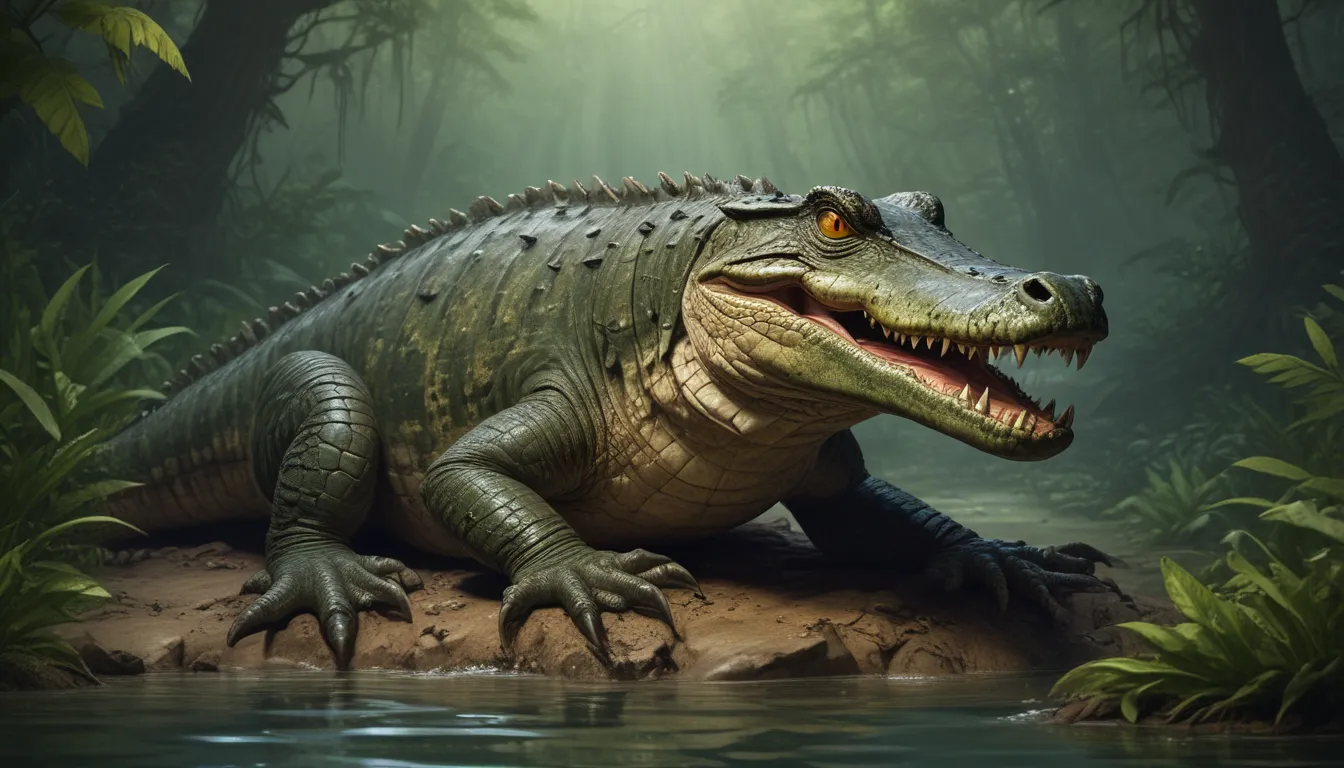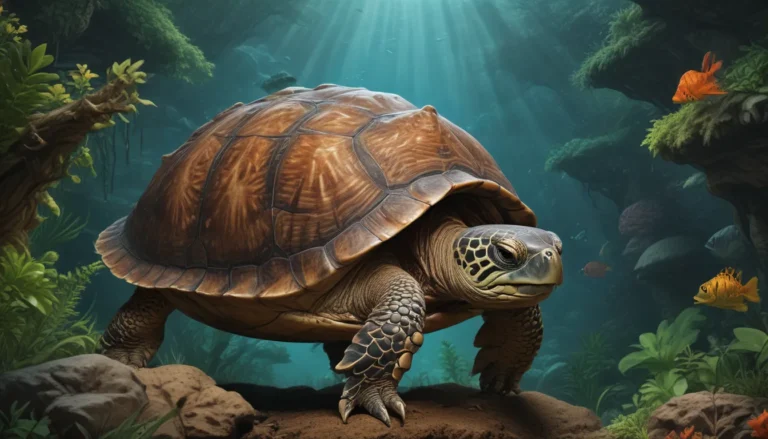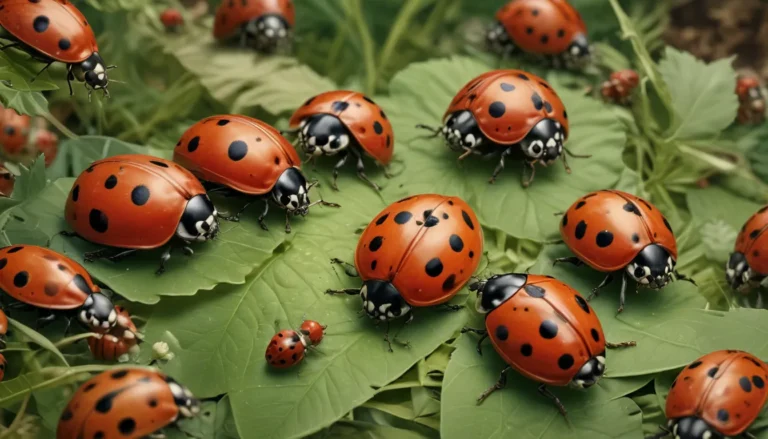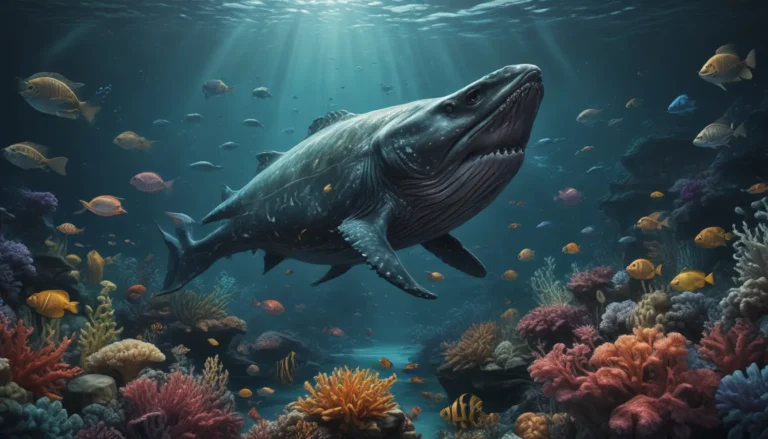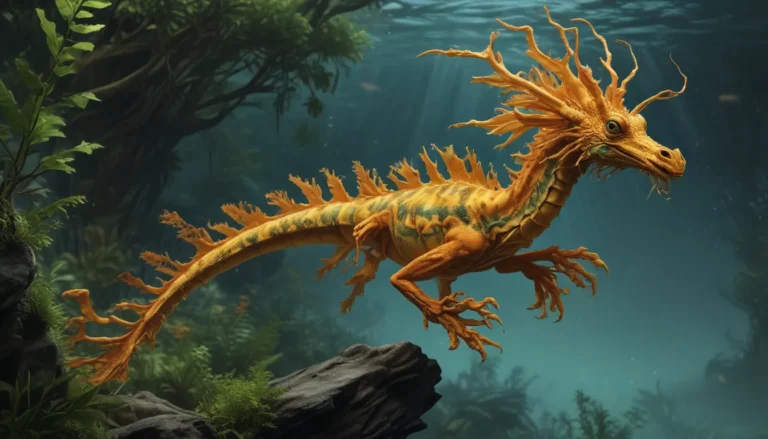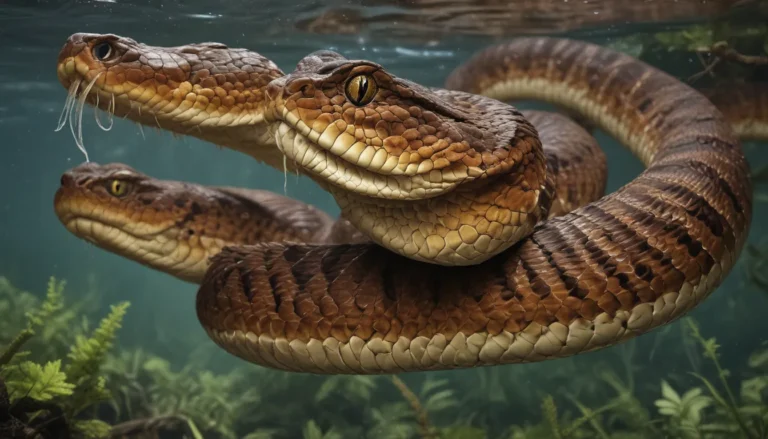The pictures we use in our articles might not show exactly what the words say. We choose these pictures to make you interested in reading more. The pictures work together with the words but don’t take their place. The words still tell you the important facts.
Crocodiles have long been a source of fascination for humans, with their ancient lineage and impressive adaptability making them truly unique creatures. In this article, we will delve into the world of crocodiles and uncover 15 fascinating facts that highlight their incredible capabilities and behaviors. From their powerful jaws to their diverse diet and impressive lifespan, crocodiles have plenty of fascinating features to explore. Join us on a journey to learn more about these magnificent reptiles and the secrets they hold.
The Mighty Jaws of Crocodiles
One of the most defining features of crocodiles is their powerful jaws. These apex predators possess one of the strongest bite forces among all living animals, allowing them to capture and devour their prey with ease. Their jaws can exert a tremendous amount of pressure, making them formidable hunters both in water and on land.
A Glimpse into the Past: Ancient Reptiles
Crocodiles are among the oldest reptilian species on Earth, dating back over 200 million years. Throughout history, they have managed to survive and adapt to various environmental changes, showcasing their resilience and ability to thrive in diverse habitats.
Masters of the Water: Ambitious Swimmers
Known for their exceptional swimming abilities, crocodiles are masters of the water. They can stealthily move through aquatic environments, using their powerful tails to propel themselves forward. This skill, combined with their stealthy nature, makes them adept predators in the water.
Equally at Home on Land
Despite their reputation as aquatic predators, crocodiles are equally comfortable on land. They can walk on all fours and even run in short bursts, showcasing their versatility and adaptability as hunters.
Diverse Species of Crocodiles
There are several species of crocodiles found around the world, each adapted to different habitats and environments. From the saltwater crocodile to the Nile crocodile and the American crocodile, each species has unique characteristics and behaviors.
Impressive Size and Weight
Crocodiles are among the largest living reptiles on the planet, with some species reaching lengths of up to 20 feet and weighing over 2,000 pounds. Their massive size and strength contribute to their role as apex predators in their ecosystems.
Survivors with Regenerative Abilities
Crocodiles are incredible survivors with unique regenerative abilities. They can regrow teeth throughout their lives, ensuring that their hunting prowess is never compromised. This ability to continuously replace damaged or lost teeth is crucial for their survival in the wild.
Communication in the Crocodilian World
Crocodiles use a variety of vocalizations and body movements to communicate with each other. From low-frequency bellows to jaw slapping, these behaviors play a crucial role in conveying dominance, territorial boundaries, and courtship rituals within their social structures.
Meticulous Mothers: The Caretakers of the Nest
Female crocodiles are known for their dedicated and meticulous parenting. They build nests, lay eggs, and carefully guard their young until they hatch. Once the eggs hatch, the mother guides her offspring to water, ensuring their safety and survival.
A Varied Diet
Crocodiles are opportunistic predators with a diverse diet. They feed on a wide range of prey, including fish, birds, mammals, and even larger animals such as wildebeests. Their powerful jaws and sharp teeth enable them to consume a variety of prey items.
Impressive Life Span
Crocodiles have remarkable longevity, with some species living up to 70 years or more. Their ability to adapt, survive, and thrive in different habitats contributes to their long life spans, showcasing their resilience and endurance.
Masters of Camouflage
Crocodiles are experts at camouflage, blending into their surroundings with their scaly skin and ability to remain still for extended periods. This skill allows them to ambush their prey effectively, showcasing their stealth and hunting prowess.
Cultural and Historical Significance
Crocodiles hold great cultural and historical significance in various regions around the world. They feature prominently in myths, legends, and religious beliefs, with depictions found in ancient artwork and artifacts. Their symbolic importance spans across different cultures and traditions.
Environmental Indicators
Crocodiles play a vital role in maintaining ecosystem balance as top predators. Their presence serves as an indicator of a healthy ecosystem, as they help regulate the populations of other species. By keeping prey populations in check, crocodiles contribute to the overall health and stability of their habitats.
Conservation Efforts: Protecting the Guardians of Ecosystems
Due to habitat loss and hunting, many species of crocodiles are currently threatened or endangered. Conservation efforts are crucial in protecting these remarkable creatures and their ecosystems, ensuring their survival for future generations. By preserving crocodile populations, we uphold the delicate balance of nature and safeguard the biodiversity of our planet.
In conclusion, crocodiles are truly remarkable creatures with a rich history and extraordinary abilities. From their ancient lineage to their impressive survival tactics, these reptiles continue to capture the imagination of humans worldwide. By learning more about crocodiles and the important role they play in ecosystems, we can foster a deeper appreciation for these magnificent creatures. Through conservation efforts and education, we can ensure the continued existence of crocodiles for future generations to cherish and admire.
FAQs: Exploring Common Questions About Crocodiles
- Q: How long do crocodiles live?
-
A: Crocodiles have an average lifespan of 70 to 100 years, with some individuals living up to 120 years.
-
Q: Are crocodiles aggressive towards humans?
-
A: While crocodiles can be dangerous, they generally avoid human contact if left undisturbed. Most attacks occur when humans approach their territory or attempt to feed them.
-
Q: How fast can a crocodile swim?
-
A: Crocodiles are powerful swimmers and can reach speeds of up to 20 miles per hour (32 kilometers per hour) in short bursts.
-
Q: How do crocodiles hunt?
-
A: Crocodiles are ambush predators, patiently waiting for their prey to come close before striking with their powerful jaws.
-
Q: Can crocodiles climb trees?
-
A: Yes, some species of crocodiles, such as the American crocodile, are capable of climbing trees, especially when they are young and lighter in weight.
-
Q: Do crocodiles have any natural predators?
-
A: Adult crocodiles have few natural predators due to their size and strength. However, some larger species may occasionally fall prey to other large carnivores.
-
Q: Can crocodiles survive out of water?
- A: Yes, crocodiles can survive for extended periods out of water as long as they have access to shade and suitable habitat conditions.
Enhancing our understanding of crocodiles not only broadens our knowledge of these extraordinary creatures but also emphasizes the importance of protecting their habitats and populations. By embracing a sense of wonder and respect for these ancient reptiles, we contribute to their survival and the preservation of their natural environments. Let us continue to explore and appreciate the wonders of the natural world, with crocodiles standing as guardians of ecosystems and symbols of resilience and adaptability.
